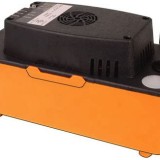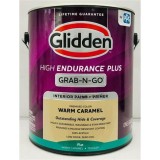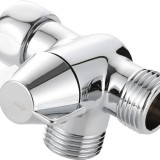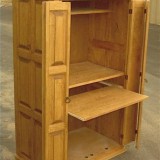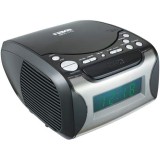Essential Aspects of Keeping Food Warm Without Overcooking It
Maintaining the warmth of cooked dishes while preventing overcooking is crucial in ensuring both food safety and optimal taste. Overcooked food can become dry, tough, and lose its nutritional value. Here are some essential aspects to consider when keeping food warm without overcooking it.
Temperature Control
The ideal temperature range for keeping food warm is between 140°F (60°C) and 165°F (74°C). At these temperatures, bacteria growth is inhibited while the food remains palatable. Using a food thermometer to monitor temperature is highly recommended.
Insulation
Insulation is critical for maintaining food warmth. Wrap cooked dishes in aluminum foil or place them in insulated containers to trap heat and prevent heat loss. Slow cookers and warming trays are also effective insulation methods.
Moisture Retention
Keeping food moist prevents it from drying out and ensures tenderness. Add a splash of broth or sauce to dishes before wrapping them. Alternatively, place a damp paper towel or a wet cheesecloth over the food to create a humid environment.
Cooking Method
The cooking method can influence how well food retains heat. Braising and stewing dishes cook slowly in a liquid, which helps retain moisture and warmth. Roasting and baking dishes might require additional insulation or reheating to maintain warmth.
Time
The length of time food is kept warm should be minimized to prevent overcooking. If the food needs to be kept warm for an extended period, consider rewarming it before serving to ensure it is at an optimal temperature and prevent overcooking.
Reheating
If reheating is necessary, use gentle methods such as microwaving on a low power setting or placing the food in a preheated oven at a low temperature. Avoid boiling or frying, as these methods can overcook food quickly.
Additional Tips
- Serve food on warm plates to maintain warmth.
- Use a heat lamp to provide additional warmth to dishes at a buffet or gathering.
- Cover the food loosely to allow for some air circulation and prevent condensation from forming.
- Avoid placing food directly on a heat source, as this can cause the food to burn or overcook.
By following these essential aspects, you can keep your cooked dishes warm and delicious without overcooking them. Whether you're preparing meals ahead of time or keeping food warm for a special occasion, these techniques will ensure that your food is both safe and enjoyable.

How To Keep Food Warm For Hours Before Serving With No Quality Loss

10 Ways To Keep Food Warm At Your Next Party Aleka S Get Together

How To Keep Food Warm Without Electricity In 2024

10 Ways To Keep Food Warm At Your Next Party Aleka S Get Together

How To Keep Food Warm Without Electricity In 2024

How To Keep Food Warm Without Electricity In 2024

3 Ways To Keep Food Warm At A Party Wikihow

What Is The Recommended Temperature To Keep Food Warm Thermopro

How To Keep Food Warm Without Electricity In 2024

Best Ways To Keep Food Warm For A Party

